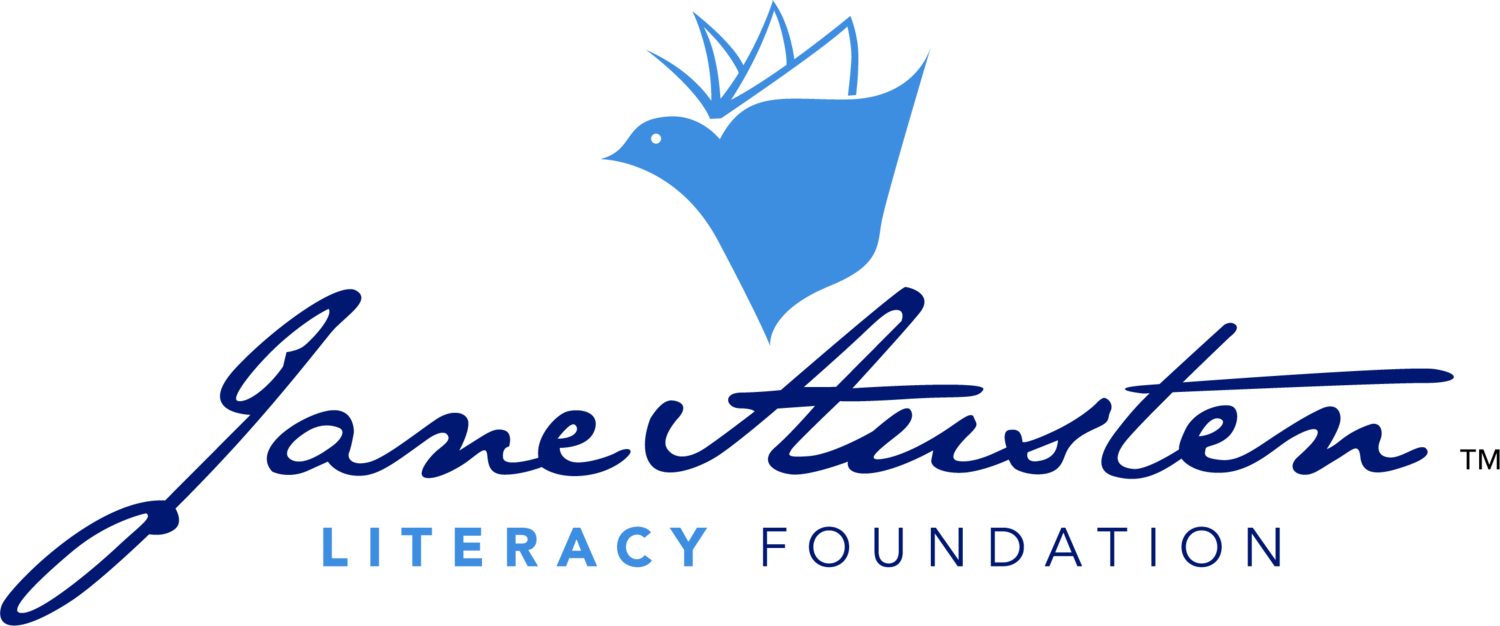AN ARTICLE FROM ONE OF OUR LITERACY AMBASSADORS ON THE IMPORTANCE OF LITERACY IN WEST AFRICAN COMMUNITIES.
In 1982, aged 24, I cut loose from a graduate job in the UK to go and teach English for a pittance to impossibly large classes of 50 pupils at a high school in the Gambia, West Africa. The experience changed the course of my life from then onwards.
Jane and a friend in the Gambia. Credit: Jane MacKenzie.
Why did I do it? Well, in large part out of a spirit of adventure. I was bored, my government job didn’t inspire me, it was a long, cold winter in London, and I wanted something much more fulfilling in my life.
I had a degree in French, a love of language, and knew I could communicate, so what easier than to offer my services as an English teacher?
I was employed by Gambia High School, at a local salary a fraction of what I had been earning in London. There was little or no help to settle. I was given a set of books and a timetable, and on my first day found myself passing from classroom to classroom, from a mass of 11 year old faces to a similar mass of 14 year olds, all excitable, noisy, desperate to learn, but hopelessly ill equipped - used to learning by rote, and unable to do homework because after school they had to work to help their families. Most pupils came in from outlying villages and had to journey up to three hours to get to school. I remember kids fainting in class because they hadn’t eaten for over 24 hours – our “medicine” was to take them off to sick bay and feed them.
Jane and her students. Credit: Jane MacKenzie.
But these were the lucky children of the Gambia. Most children never made it into any school at all, and others could only manage a primary level education. Only the top students were chosen for high school. And only families who could afford to would let their child continue. And we had far more boys than girls. Most families didn’t think teaching girls to read was in any way worthwhile.
It was a huge learning curve for me. I quickly left the textbook script behind and started doing new stuff with them, to try to give them the chance to think, to slow down and reflect rather than chanting out bits of grammar. And yet these kids did learn. By age 18, those whose families had been able to leave them in school were thoughtful, aware, dedicated students.
Where they were to go then no one knew. The luckiest would get sponsorship to study abroad. Others might go into government employment. There was no university in the Gambia, just a technical college. Unemployment was the norm. Our lovely students’ road forward was by no means obvious.
I spent two years teaching in the Gambia. There were such high points. I learned fluent Wolof, directed a successful school play that the students absolutely loved doing, saw a brilliant student get a scholarship to study medicine in Ghana. And I made wonderful friends. Gambians are a lot of fun!
Jane and her students in the high school play. Credit: Jane MacKenzie.
Then, for many years, life took me in other directions – family, raising my children, building a career, always involved in education. It was when I started writing about the Gambia that I needed to go back. It was 2004, twenty years after I’d left. The Gambia finally had its own tiny university, the newest in Africa, and it was desperately trying to pull together resources to survive. I visited, became involved, and back in the UK began raising money for a proper university library. We made £17,000, which built them a decent building.
By now I ran an educational consultancy working with universities across the UK, so I was able to get donations of computer equipment and text books. A shipping company donated space in containers. I joined the board of Gambia University, and visited at least twice a year for the next six years, until I took a job in Geneva and could no longer travel.
We’d built and stocked the library, though the books weren’t new, the equipment wasn’t state of the art, and there was a woeful shortage of qualified staff to catalogue and maintain what had been shipped. It was a drop in the ocean of what the Gambia needs, and did nothing to address the acute literacy problems among the general population. I think working with developing countries will always be intensely frustrating, for just that reason. As a woman on my own I could only achieve a fraction of what I wanted to.
Which is why I’m so glad to be a Literacy Ambassador for you wonderful people. To make a difference, and especially to keep it going, you need a team, and an organisation. The Jane Austen Literacy Foundation provides just that.
And in my very modest way I can continue to be involved in 3rd world education and literacy! Thank you for the opportunity.
© Jane MacKenzie - JALF Literacy Ambassador and bestselling author.
Our current project in West Africa is raising money for e-readers and an e-library for Suhum MA Experimental C School in Ghana in partnership with Worldreader:
Image credit: Jane MacKenzie and Julia B. Grantham





